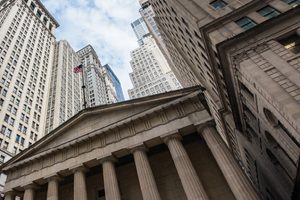When will an actuary be called upon to contend with the fledgling commercial space tourism line?
By Alyssa Oursler
On July 11, Sir Richard Branson celebrated under a hot New Mexico sun. As a kid, he had watched the Apollo moon landings. Now, he was popping champagne with three of his employees to celebrate their flight to the edge of space. Just nine days later, Amazon founder Jeff Bezos held a press conference to tout his own successful suborbital flight. He wore a cowboy hat and a childlike grin. Upon touching back down, Bezos proclaimed:
“Best day ever!”
In the 20th century, the space race operated in the shadow of the Cold War. It was a government affair. Now, it’s the business of billionaires—billionaires interested not just in living out their childhood dreams, but also in commercializing the industry. In recent years especially, tremendous progress has been made with regard to commercial space flight. That progress comes with both risk and reward.
Branson, long known for his bold personality, started Virgin Galactic in 2004. His spacecraft bears a striking resemblance to a traditional airplane and functions much the same. With the assistance of a carrier plane, the craft is brought to altitude and detaches to make its final push into sub-orbit, only to drop back down and glide to Earth.
In 2014, an accident killed one test pilot and left another seriously injured, casting a shadow of doubt over Branson’s dreams. But this summer, Virgin Galactic got an operator license from the FAA and became the first private company to send a civilian into space.[i] The milestone was important to Branson personally, but also as reassurance to Virgin Galactic ticket holders. Currently, a suborbital flight with Virgin Galactic costs around $200,000. Hundreds of people around the globe, including celebrities, have tickets. The company aims to start flying tourists next year.[ii]
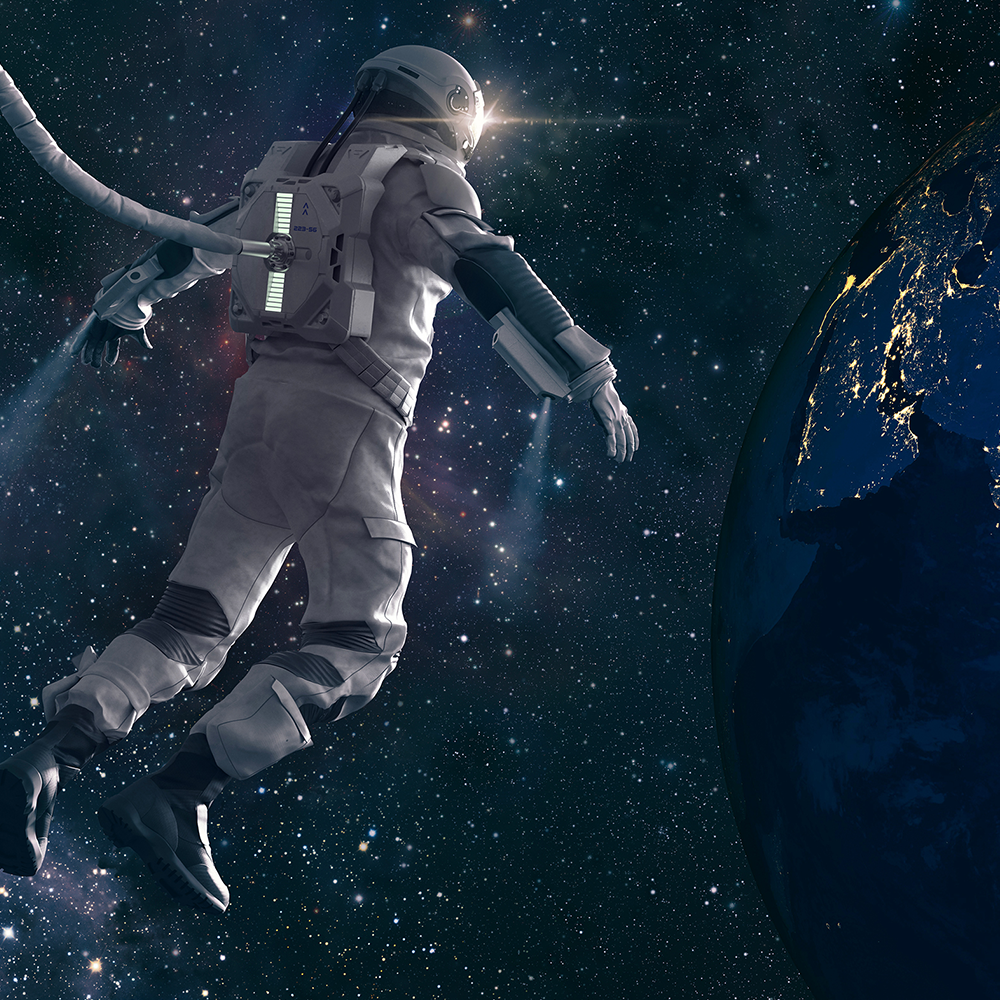
Four years before Virgin Galactic came into existence, Bezos began his venture: Blue Origin. His goal is to make space travel more accessible to the general public and to shift harmful industries from Earth to space, eliminating their negative impact on our fragile planet. That goal hasn’t come without criticism; many have scolded Bezos for not using his wealth to directly help with environmental issues here on Earth (and for the sheer amount of money and materials it takes to get to space).
Still, Bezos has a notable achievement to hang his cowboy hat on. With the recent launch of its New Shepard spacecraft, Blue Origin carried the first paying customer to space. Bezos and a spunky aviator named Wally Funk stole much of the show, but an 18-year-old student named Oliver Daemen was also on-board.[iii] His father bought his ticket, worth millions. New Shepard is also fully autonomous and boasts a reusable rocket.
While Branson and Bezos were the first to see our blue orb from self-funded spacecraft, no discussion of the billionaire space race is complete without Elon Musk. Musk started SpaceX in 2002—a year before he started Tesla. While Musk himself has not traveled to space, SpaceX was the first private company to send a spacecraft to the International Space Station (ISS), among other milestones. Last year, NASA astronauts traveled to the ISS aboard SpaceX’s Dragon capsule—the first time in nearly a decade that NASA headed to space from U.S. soil.[iv]
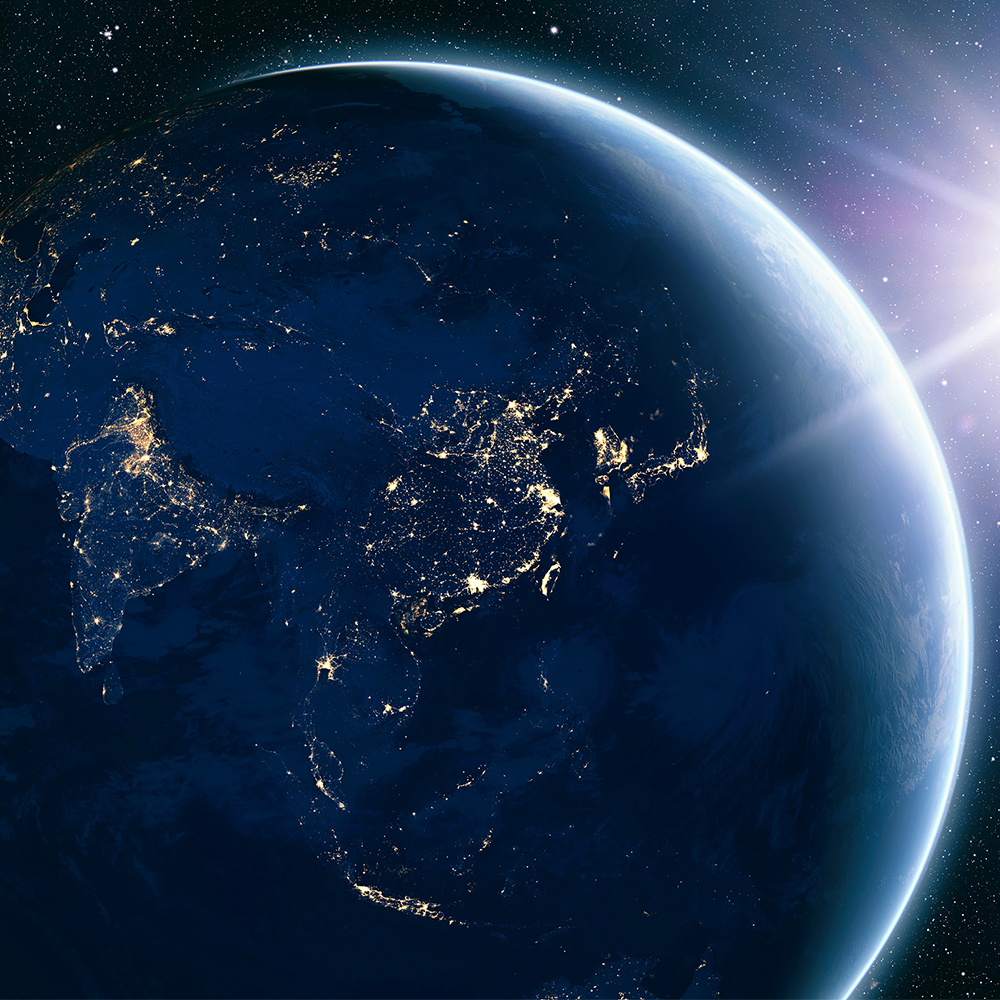
Looking forward, SpaceX is planning what it calls “the world’s first all-civilian mission,” slated for the end of this year.[v] SpaceX also won a $2.9 billion contract from NASA; its Starship spacecraft will take astronauts to the moon.[vi] But Blue Origin, also in the running for the contract, isn’t going down without a fight. Bezos has offered to cover more than $2 billion in costs if NASA will award it a second contract.[vii]
Historically, space travel has been pursued with an eye toward scientific research and discovery. Those who went to space were the best of the best—carefully trained and vetted. The billionaire space race is not a total departure, as Blue Origin and SpaceX are building spacecraft with NASA in mind. But recent launches from Branson and Bezos show just how quickly commercial space travel is emerging. As covered previously in Contingencies, private citizens go to space at their own risk and with far less training.[viii]
When Blue Origin, SpaceX, and Virgin Galactic were just fledgling companies, Congress agreed to let the space-tourism industry self-regulate. As noted in Forbes, commercial space flight is not yet mainstream enough to be factored into life insurance.[ix] It seems that at least for now, as space flight becomes more available to private citizens, risk will be theirs to bear. According to The Wall Street Journal, Bezos and Branson have passengers sign waivers indemnifying their companies in the event of an accident.[x]
In 2023, SpaceX plans to send Japanese billionaire Yusaku Maezawa and a group of artists on a trip around the moon. If that happens, they will be the first private citizens to fly beyond low Earth orbit.[xi] It would be misleading to call space tourism open to the general public, as it sports a price tag most cannot reach. But the race to space is undoubtedly being privatized, which means the risk that accompanies it may soon be an actuary’s to wrestle with.
Timeline

Alyssa Oursler is a PhD student and award-winning journalist.
[i] “Richard Branson’s trip to space is about convincing others to come along”; Recode; July 11, 2021.
[ii] “Virgin Galactic completed its third flight to the edge of space as it gears up to accept space tourists next year”; Business Insider; May 24, 2021.
[iii] “First Paying Customer on New Shepard Will Be the Youngest to Fly to Space”; Blue Origin newsroom; July 15, 2021.
[iv] “NASA And SpaceX Launch 1st Astronauts To Orbit From U.S. Since 2011”; NPR; May 30, 2020.
[v] “SpaceX to fly first civilian crew to space later this year, with public competitions for two seats”; CNBC; Feb. 1, 2021.
[vi] “SpaceX Wins NASA $2.9 Billion Contract to Build Moon Lander”; New York Times; April 16, 2021.
[vii] “Bezos offers to cover $2 billion in NASA costs in exchange for astronaut lunar lander contract”; CNBC; July 26, 2021.
[viii] “Outer Space for All: In the new age of commercial spaceflight, risk will be an individual’s to bear”; Contingencies; May/June 2017.
[ix] “Could Commercial Space Travel Affect Your Life Insurance?”; Forbes; July 19, 2021.
[x] “Jeff Bezos and Other Space Tourists Fly at Their Own Risk”; Wall Street Journal; June 10, 2021.
[xi] “SpaceX Plans to Fly Humans Around the Moon in 2023”; Scientific American; Sept. 18, 2018.


 The USSR launches Sputnik 1 into orbit Oct. 4, 1957.
Photo: Bruce Irving
The USSR launches Sputnik 1 into orbit Oct. 4, 1957.
Photo: Bruce Irving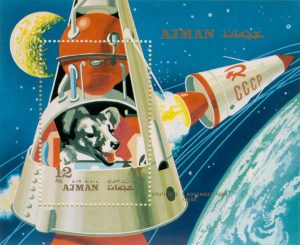

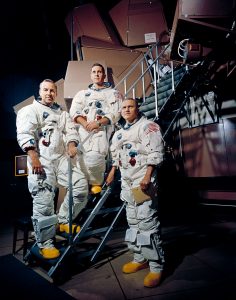
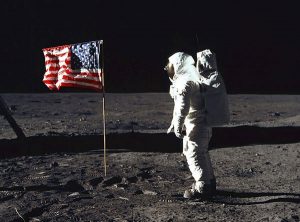
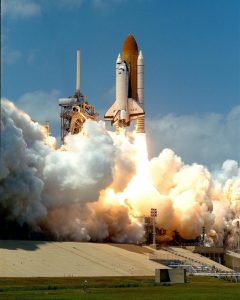

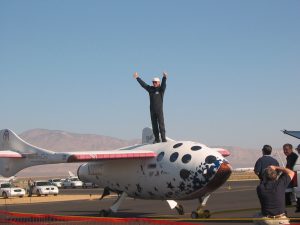

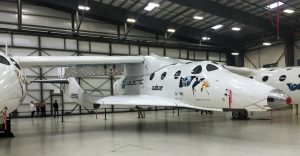
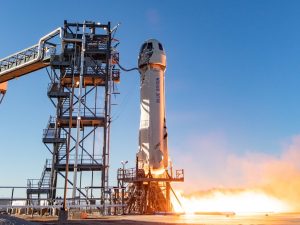 Jeff Bezos: “This is a tiny little step of what Blue Origin is going to do.”
Jeff Bezos: “This is a tiny little step of what Blue Origin is going to do.”
